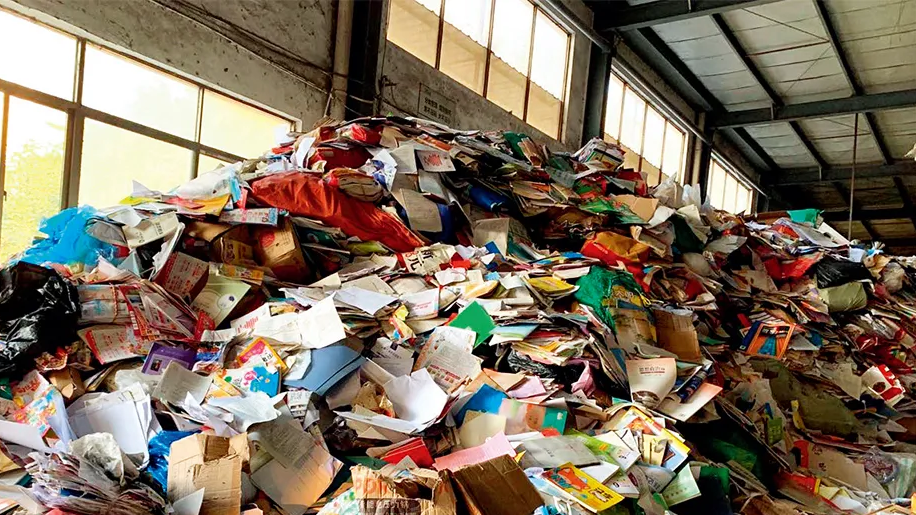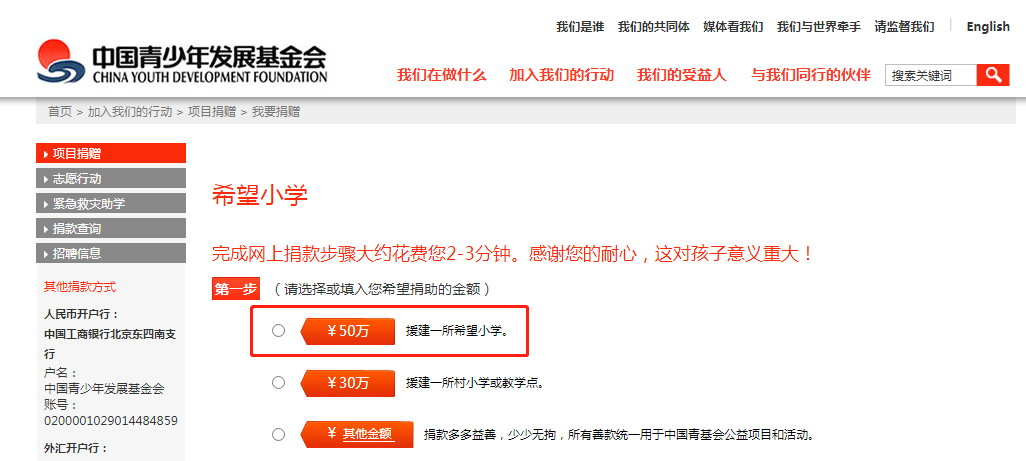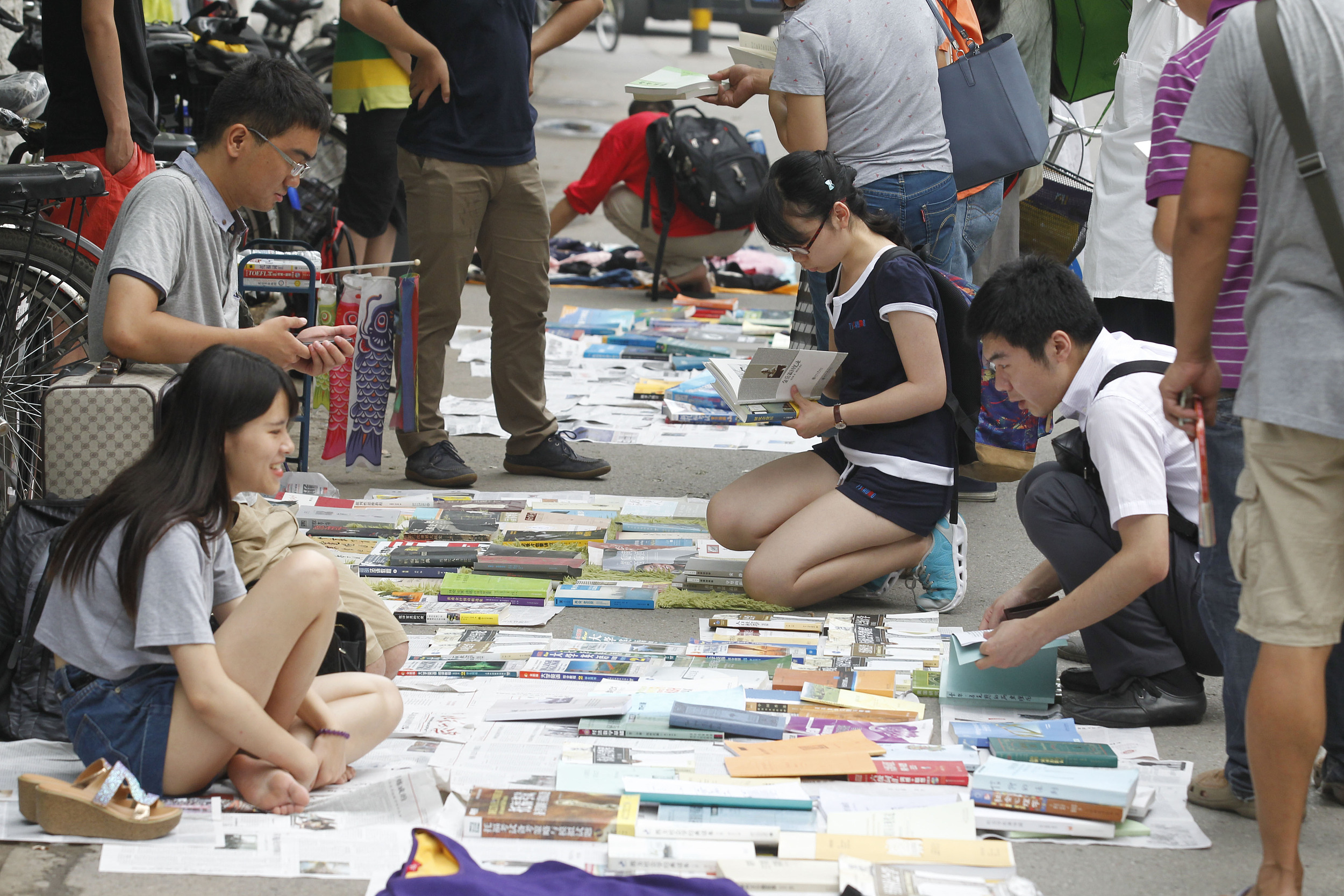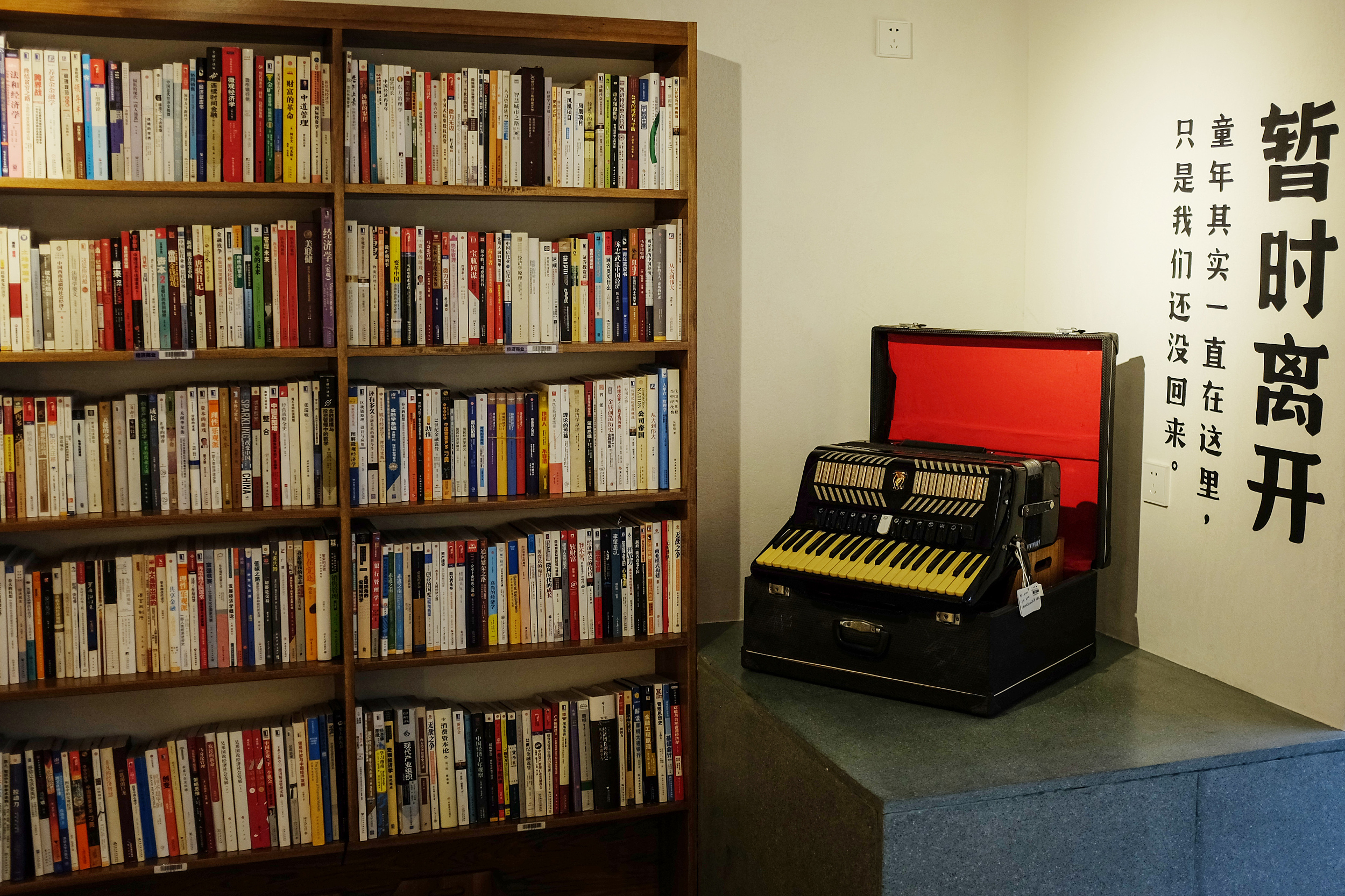
A pile of used textbooks almost as high as a two-storey building is seen in a workshop for resource recycling in central China. /Outlook Weekly Photo
A pile of used textbooks almost as high as a two-storey building is seen in a workshop for resource recycling in central China. /Outlook Weekly Photo
An average of 2.8 billion textbooks were sold in China in the past five years, totaling about 20 billion yuan (about $3 billion), reported China's Xinhua Outlook Weekly citing the data recently released by China's National Press and Publication Administration.
The latest figures reportedly covered textbooks and teaching guides for elementary, secondary schools, post-secondary specialized colleges as well as for continuing education nationwide.
It was also revealed that 2.93 billion copies of textbooks were being sold retail around the country last year, amounting to nearly 26 billion yuan (around $3.9 billion), which means at least 20 billion yuan could have been spared each year if they were reused.
If they had been reused, the spending saved could have covered the costs for at least 40,000 primary schools under Project Hope, a Chinese public service that helps children in the country's impoverished areas with greater access to education.

According to the donation criteria revealed on the official website of China Youth Development Foundation, 500,000 yuan (about $75,930) is the sum required to help build a primary school under Project Hope in China. /Screenshot of the official website
According to the donation criteria revealed on the official website of China Youth Development Foundation, 500,000 yuan (about $75,930) is the sum required to help build a primary school under Project Hope in China. /Screenshot of the official website
So far, reusing textbooks related to music, arts, science, computer and physical education for students in the nine-year compulsory education have been widely adopted in multiple cities in China. Those school textbooks, limited to certain subjects that don't necessitate class notes, are considered appropriate for recycling.
The volumes of those textbooks that have been reused, however, reportedly occupied only a tiny fraction of the total sum. The knottier problems such as underdevelopment of the industrial chain, imbalance between supply and demand of the second-hand textbooks as well as a lack of sound mechanism for the according markets still exist, especially during the stages of high schools and higher education when the textbooks need to be paid for by students.

Students at Peking University are purchasing used textbooks sold by graduates, in Beijing, China, June 28, 2015. /CFP Photo
Students at Peking University are purchasing used textbooks sold by graduates, in Beijing, China, June 28, 2015. /CFP Photo
"With the sum of money I got by selling a sack of my used textbooks, I am only able to afford a new backpack," said a Chinese graduate online while others said "the book priced at over 1,000 yuan were sold merely at 10 yuan for scrap." In fact, similar remarks are common on Chinese social media platforms nowadays.
One might question how the textbooks recycled as waste paper are dealt with afterwards. Zhao Dehua, head of a resource-recycling company, said that many graduates tend to sell their textbooks during graduation season at the price of one yuan per kilogram on average. The recycled books, subsequently, are generally utilized to make recycled paper, of which the cost is actually even higher than that of pulp paper due to complex processing procedures, according to Zhao.

A collection of second-hand books and items are on display in an offline store opened by Duozhuayu, a platform to collect, repair and sell secondhand books at an attractive price, July 23, 2020. /CFP Photo
A collection of second-hand books and items are on display in an offline store opened by Duozhuayu, a platform to collect, repair and sell secondhand books at an attractive price, July 23, 2020. /CFP Photo
While a mass of textbooks are being disposed or sold for scrap offline, some online platforms are witnessing the boom of second-hand textbooks transactions these days.
According to Sun Yutian, who is in charge of Kongfz.com, a Chinese online bookstore with both new books and used books at bargain prices, told the news magazine Outlook Weekly that the company's turnover has seen an annual increase by over 30 percent in the past three years and that the total sales this year has already exceeded 14 million yuan (about $2.1 million).
Meanwhile, figures revealed by Xianyu, a secondhand online marketplace operated by China's e-commerce giant Alibaba, also indicated that a total of 1.56 million textbooks were traded last month. The platform boasts over 30 million online sellers at the moment, with a considerable portion of users at younger ages. In March this year, the number of users aged 15 to 18 even increased by over 200 percent as was shown by the online platform for used goods.
Despite the pain points standing in the way, education departments, schools as well as related companies and institutes in the country are making headway in textbook recycling and reuse.
"It is undoubtedly conducive to cultivating students' consciousness and sense of responsibility to establish a system of textbook recycling," said Zhu Pin, vice principal of a school in east China's Jiangxi Province. The school of nine-year compulsory education has set up a system for textbooks reuse with the coordination among teachers, libraries and school administrator and the books are disinfected every week.
(With input from China Daily)

